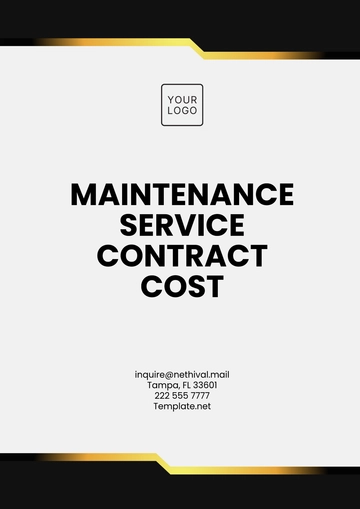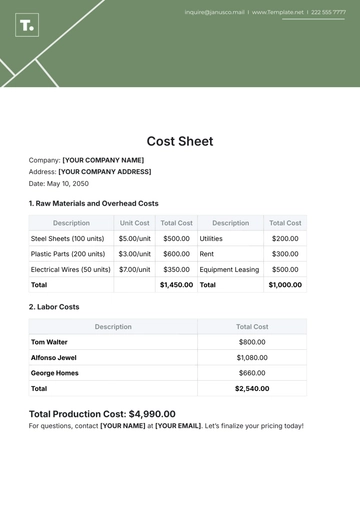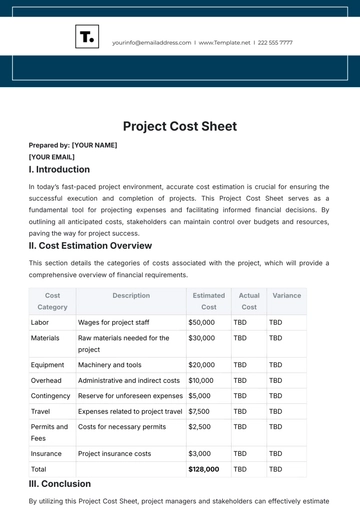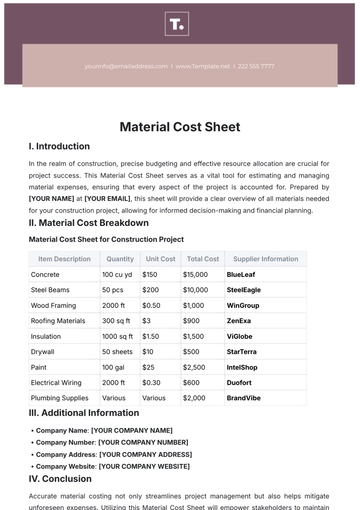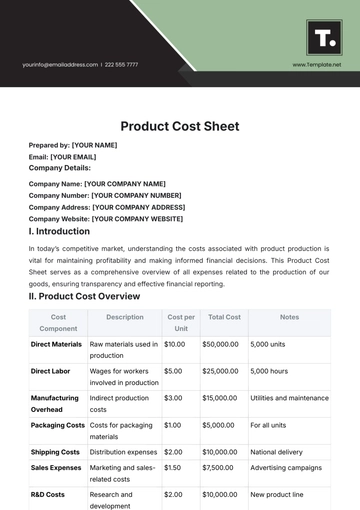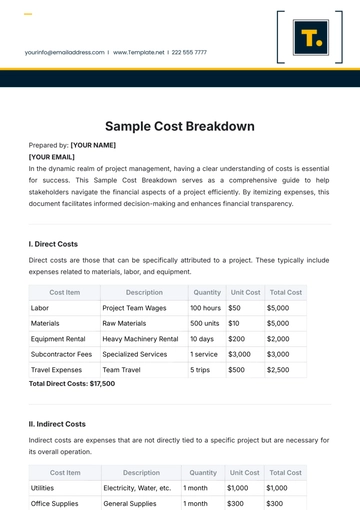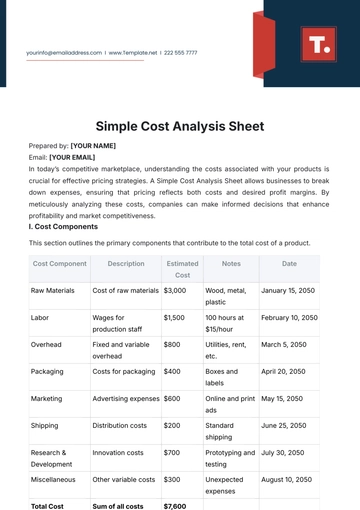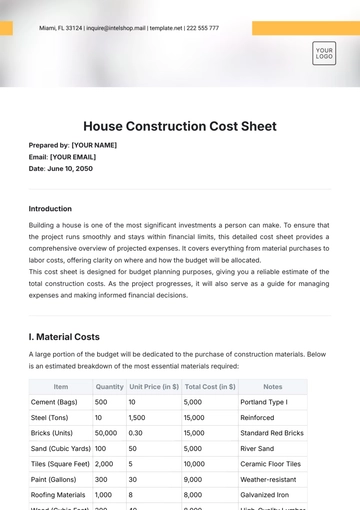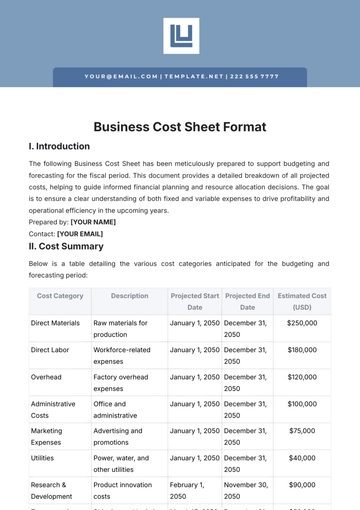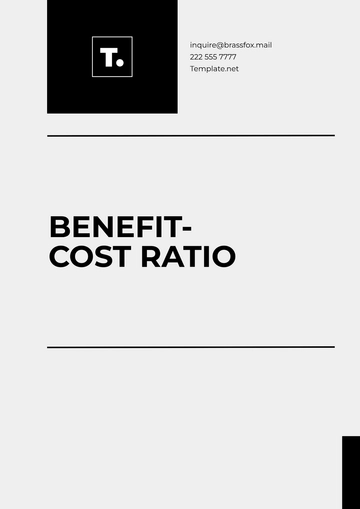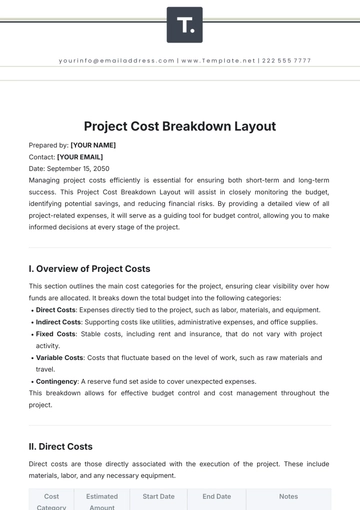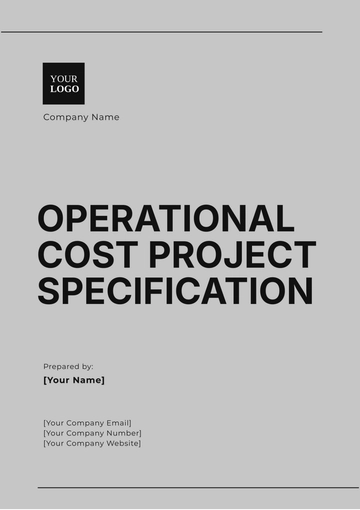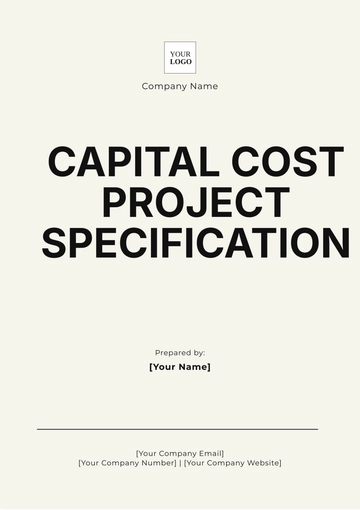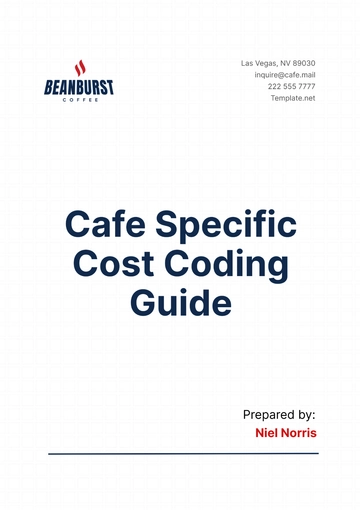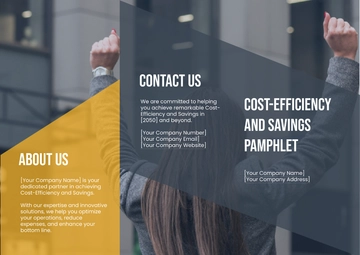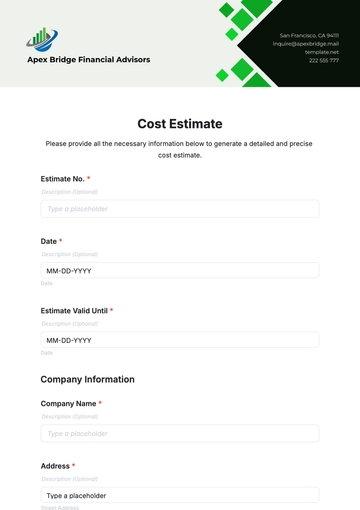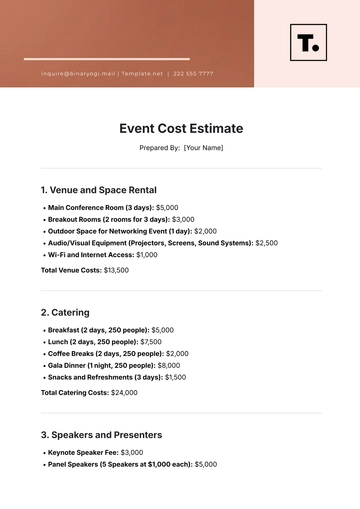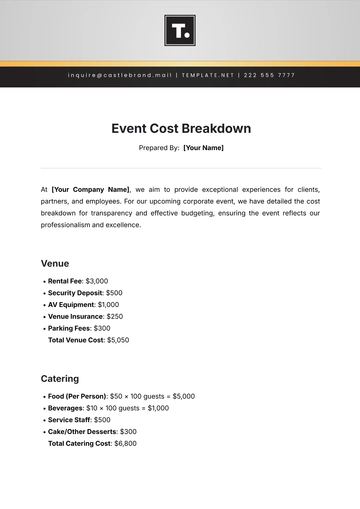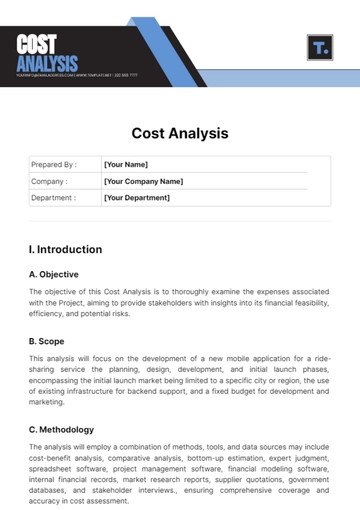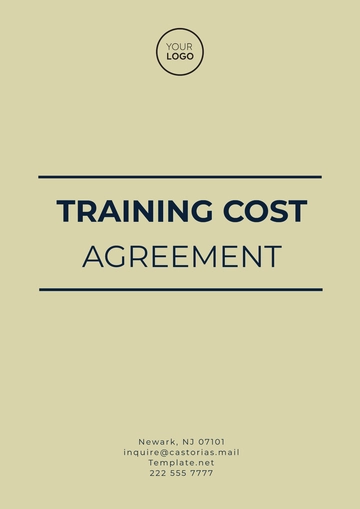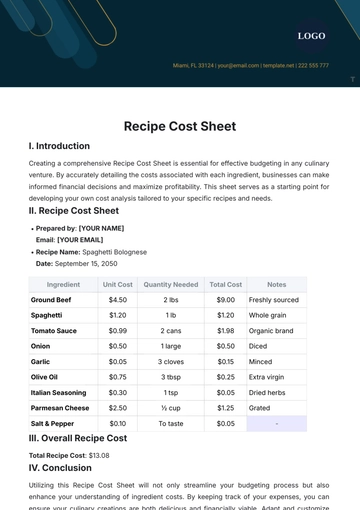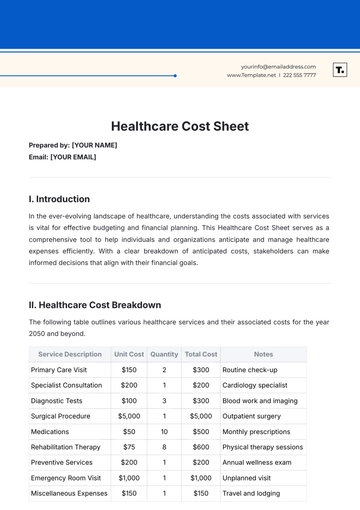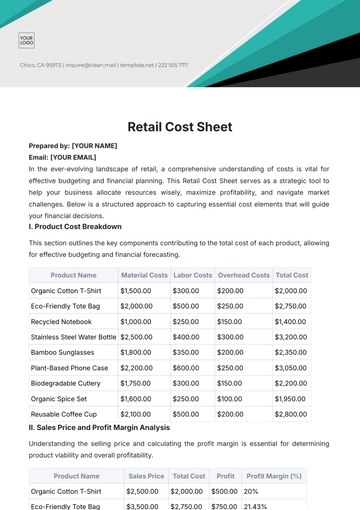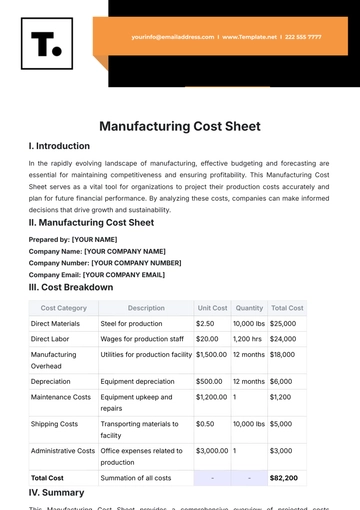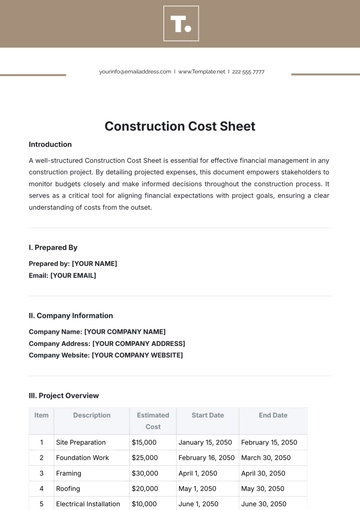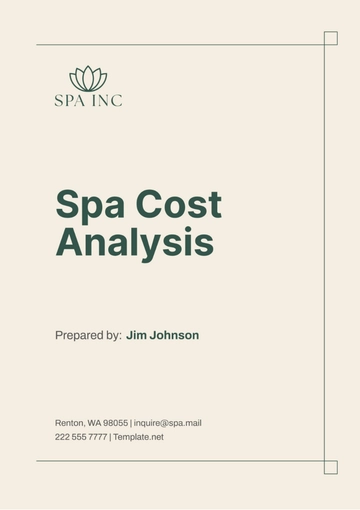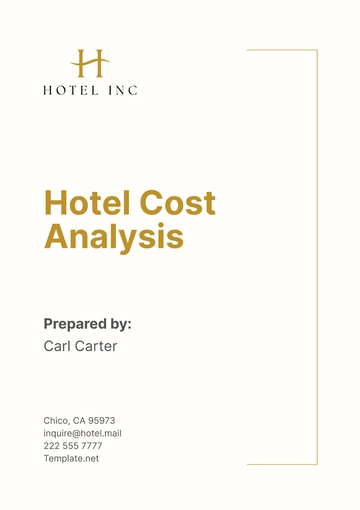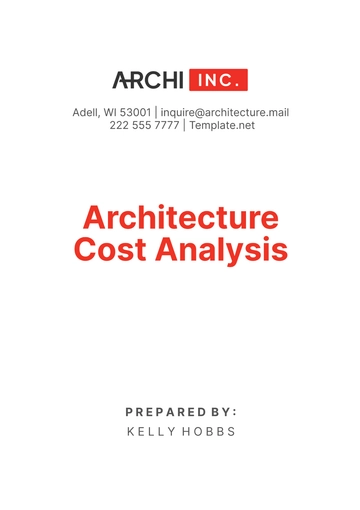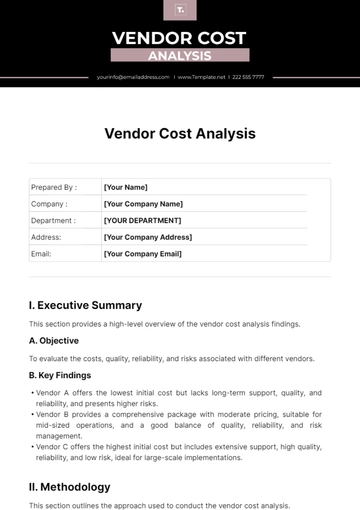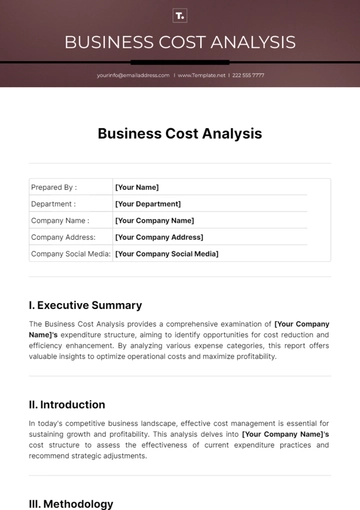Free Apparel Costing
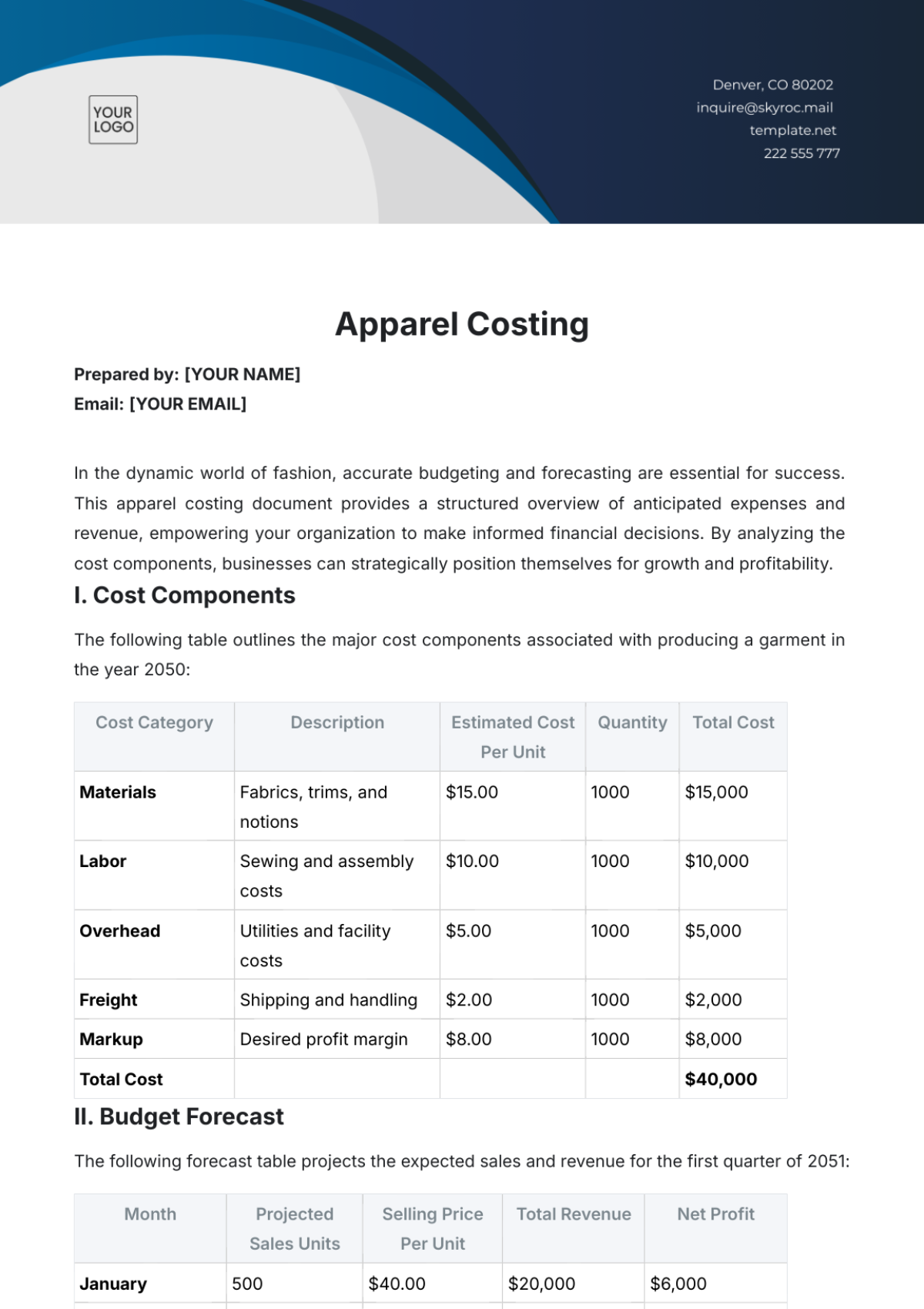
Prepared by: [YOUR NAME]
Email: [YOUR EMAIL]
In the dynamic world of fashion, accurate budgeting and forecasting are essential for success. This apparel costing document provides a structured overview of anticipated expenses and revenue, empowering your organization to make informed financial decisions. By analyzing the cost components, businesses can strategically position themselves for growth and profitability.
I. Cost Components
The following table outlines the major cost components associated with producing a garment in the year 2050:
Cost Category | Description | Estimated Cost Per Unit | Quantity | Total Cost |
|---|---|---|---|---|
Materials | Fabrics, trims, and notions | $15.00 | 1000 | $15,000 |
Labor | Sewing and assembly costs | $10.00 | 1000 | $10,000 |
Overhead | Utilities and facility costs | $5.00 | 1000 | $5,000 |
Freight | Shipping and handling | $2.00 | 1000 | $2,000 |
Markup | Desired profit margin | $8.00 | 1000 | $8,000 |
Total Cost | $40,000 |
II. Budget Forecast
The following forecast table projects the expected sales and revenue for the first quarter of 2051:
Month | Projected Sales Units | Selling Price Per Unit | Total Revenue | Net Profit |
|---|---|---|---|---|
January | 500 | $40.00 | $20,000 | $6,000 |
February | 600 | $40.00 | $24,000 | $10,000 |
March | 700 | $40.00 | $28,000 | $12,000 |
Total Q1 | 1800 | $72,000 | $28,000 |
III. Conclusion
This apparel costing analysis serves as a crucial tool for effective budgeting and forecasting, ensuring your organization can navigate the complexities of the fashion industry with confidence. By carefully evaluating each cost component, businesses can set realistic sales targets and achieve sustainable growth in the competitive apparel market.
- 100% Customizable, free editor
- Access 1 Million+ Templates, photo’s & graphics
- Download or share as a template
- Click and replace photos, graphics, text, backgrounds
- Resize, crop, AI write & more
- Access advanced editor
Achieve precise apparel costing with Template.net's Apparel Costing Template. This customizable and editable template simplifies budgeting and financial planning for your clothing line. Leverage the AI Editor Tool to effortlessly adjust costs, materials, and designs, ensuring accurate projections. Perfect for startups and established brands, this template helps streamline your apparel business operations efficiently.
